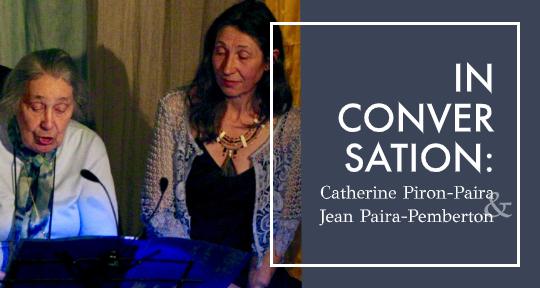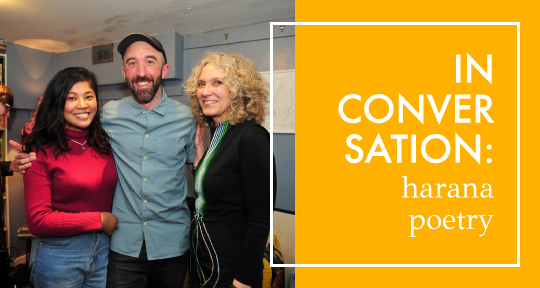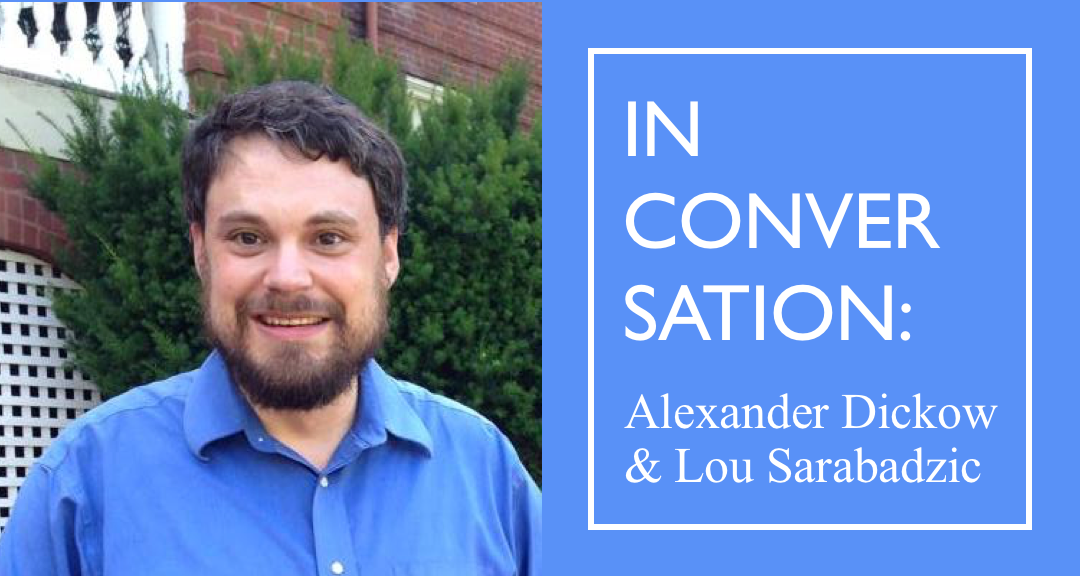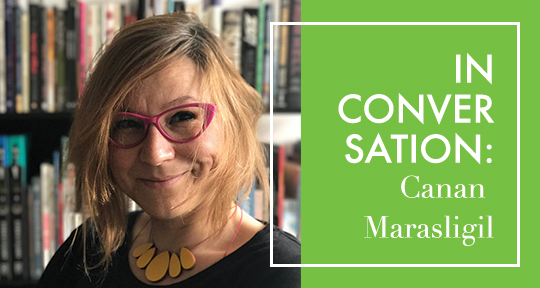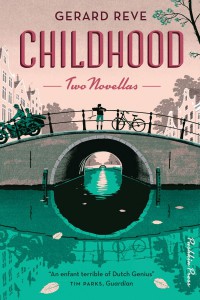A meme recently caught my eye: “If you do what you love, you’ll never have to work a single day in your life. you won’t have any work-life balance and you’ll take things personally.” This is true. What I might add is in order to keep doing what little you love, you have to do a lot of things you don’t want to do. Leading a virtual volunteer team and upholding the quality of a magazine across so many different platforms (including social media) aren’t things that go naturally together. Whether or not you feel like it, you have to step in whenever work pledged by someone else falls through or is submitted in an unsatisfactory state. Over the years, editing the magazine has taken a toll. With the Winter 2015 issue and a gruelling IndieGoGo campaign out of the way, it’s time to recover some joie de vivre. Since the Vietnamese Feature we planned for April 2015 is in woeful shape anyway, I decide to cancel the Spring 2015 issue. A football widow is someone who must cope with the temporary death of her relationship during football games. My long-suffering magazine widower of a partner and I book a month-long Airbnb in Paris (my first time stepping on European soil in ten years), where we work on a book-length translation project together in between visits to gardens and museums. While in Paris, news arrives that Asymptote has been shortlisted for the London Book Fair award for International Literary Translation Initiative. I buy Eurostar tickets and make arrangements for Asymptote’s first-ever team gathering in London, documented here. April 15 comes, and on the day we might have launched the Spring 2015 issue, I walk up a stage instead to receive an award on behalf of the entire magazine. Although we competed against the Dutch Foundation for Literature (which, unlike Asymptote, has institutional backing) and China’s Paper Republic (which predates Asymptote), the selection committee declares their decision “unanimous,” calling our magazine “the place where translators want to publish their own and their authors’ work.” My own euphoric team members aside (some at the ceremony, most not), I’m also congratulated by the reporter at Lianhe Zaobao—Singapore’s main Chinese broadsheet—who ran a full-page story on me in March and thus made my Chinese-speaking parents proud (being avid readers of this broadsheet but not of English literature, let alone Asymptote, this is possibly a bigger deal to them than any London Book Fair award—and so for the next six months, they don’t nag at me to look for ‘proper work’). Otherwise, attention from Singaporean media is close to non-existent. On the other hand, news of our win is joyously received by our international readers on social media. How different the magazine’s outlook from exactly four months ago! Here to introduce the first issue after our London Book Fair win is Assistant Managing Editor Lou Sarabadzic.
I have a real passion for multilingualism that can be explained from two different perspectives. First, the half-full one: as a poet writing in French and English (and sometimes incorporating both within the same piece) I love hearing about any multilingual writing experience, or any writer using an adopted language. The half-empty (a lot more than half, actually…) perspective would instead focus on the fact that as an author writing in only two languages, there are thousands of languages I can’t read, understand, or even name. French and English: so far, that’s all I’ve got. And while I need writing in both these languages to explore things I couldn’t explore in just one of them, I am acutely aware that these are two dominant, Western European languages. In my case, multilingualism doesn’t equal diversity. It’s more about personal choices, education in an Erasmus era, and privileged immigration.
Yet from both perspectives I reach the same conclusion: I love multilingualism because it has so much to teach me. It’s also what I immediately liked in Asymptote. In the Summer 2015 issue, the journal explicitly embraces and celebrates multilingualism by making it the subject of a Special Feature, edited by Ellen Jones. (And it will do so again in 2016 and 2018.) This commitment takes diversity and inclusion to a whole new level. I was already extremely impressed by the international line-up of writers, artists, and translators featured in Asymptote. However, this specific—and recurring—focus on multilingualism encapsulates what the journal is all about: not only providing translations from one language into another, but ‘facilitat[ing] encounters between languages’. In other words: making languages inseparable, fostering new connections, exploring history, and suggesting a future. In his editor’s note, Lee Yew Leong writes that this issue “contains work from more than thirty countries and from four new languages, bringing [Asymptote’s] tally to seventy-two(!)” Now, that’s something you don’t see in just any journal… Along with multilingualism, contributing to a platform for a truly worldwide literature is something that was crucial in my decision to apply to work at Asymptote: a single language doesn’t mean a single country, as colonisation and history sadly show us. READ MORE…

